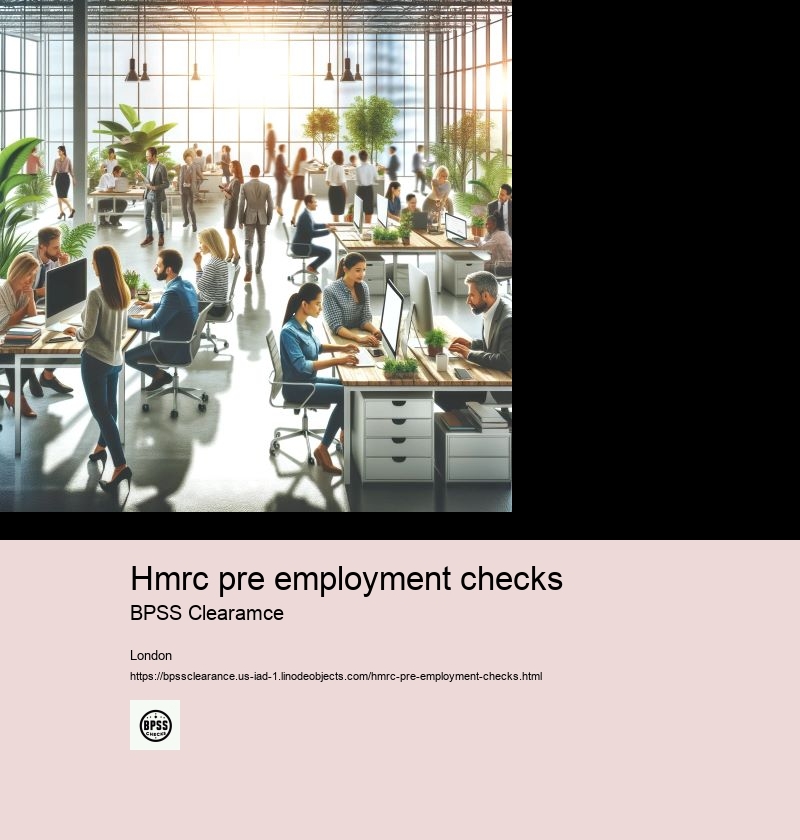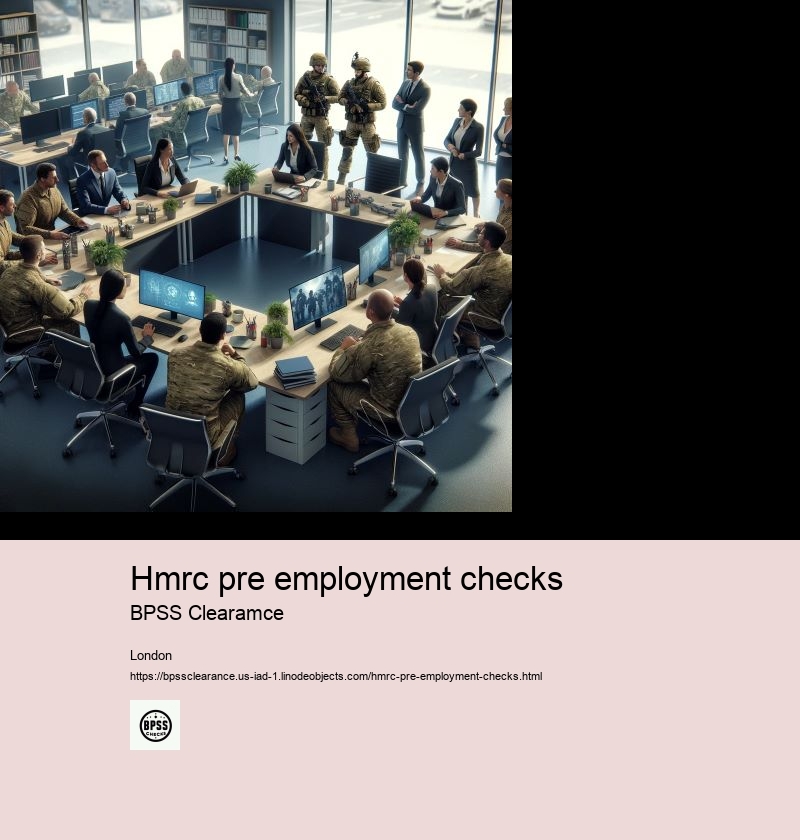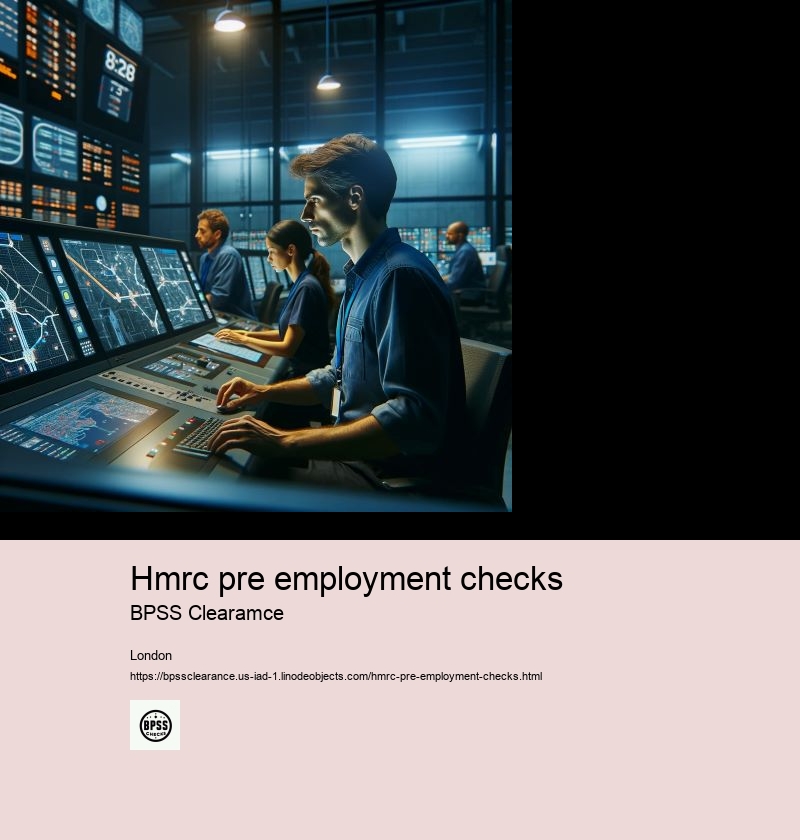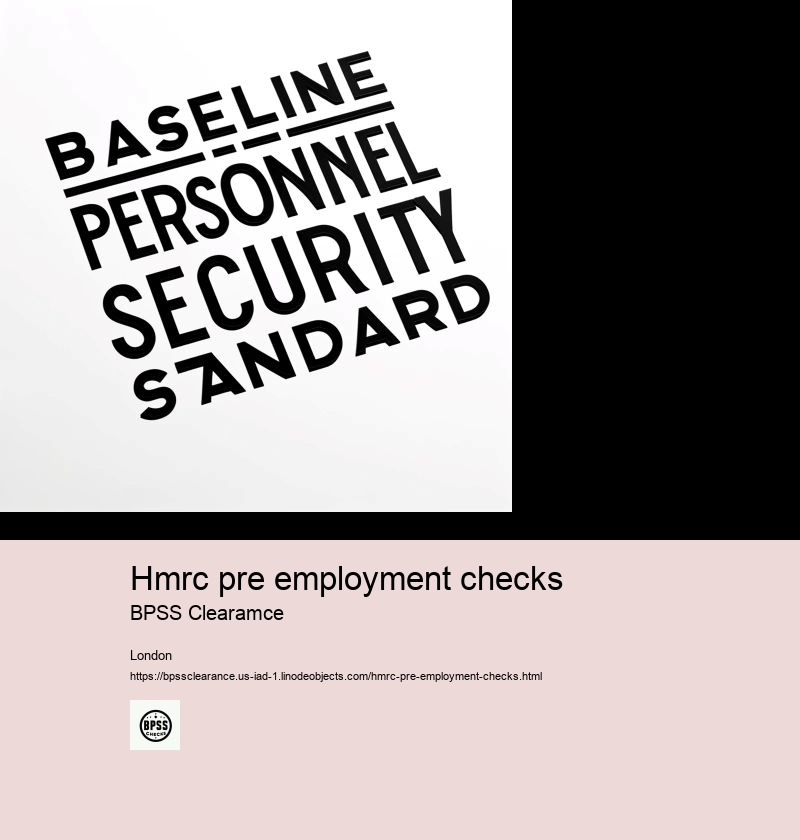hmrc pre employment checks
Security audit
Renewal and revalidation of BPSS clearance should be conducted periodically, especially for employees in long-term sensitive roles. This ensures that any changes that might affect an individual's security status are identified and managed effectively, maintaining continuous security compliance.
BPSS checks typically include four main elements: identity verification, employment history check, right to work confirmation, and a basic criminal record check. These components ensure that the individual is appropriately vetted for security-sensitive positions but do not delve into extensive criminal history unless necessary for the role.
As part of BPSS clearance, a basic criminal record check is conducted. This is generally quicker than more detailed checks, such as those performed for higher levels of security clearance, but can still be delayed if there are issues with the national criminal records database or if the individual has spent significant time overseas.



